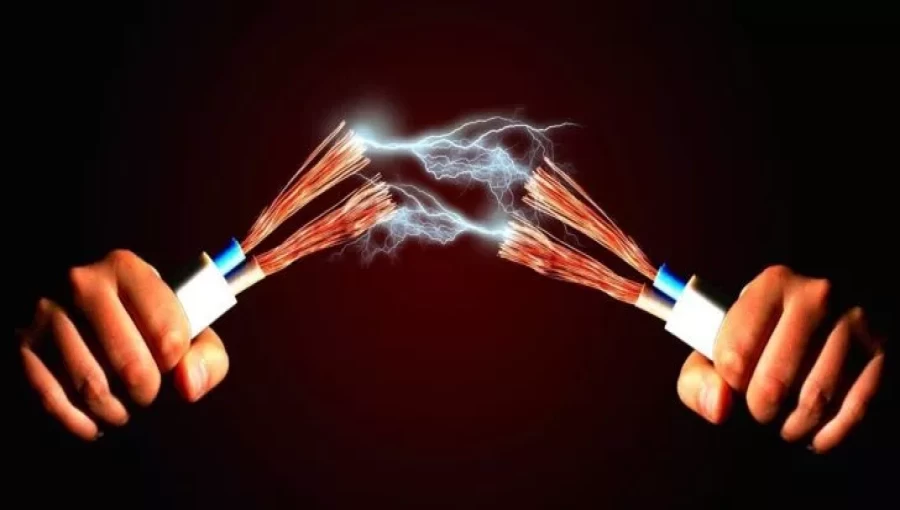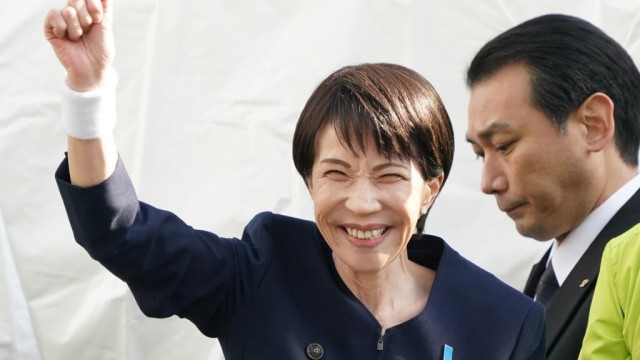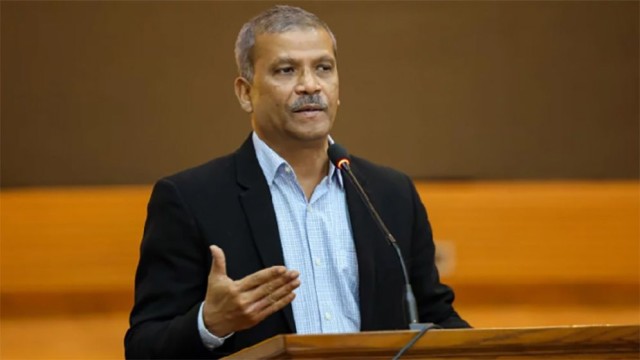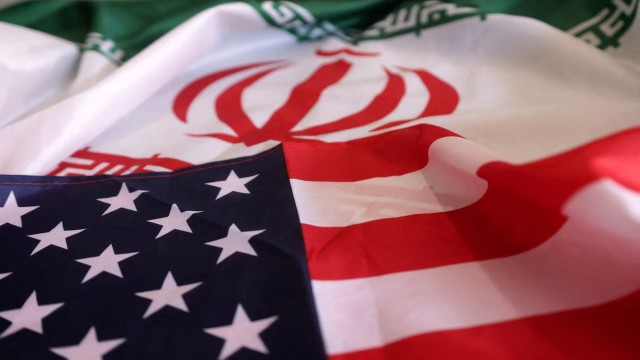BUENOS AIRES, Dec 28, (V7N) — The Grandmothers of Plaza de Mayo, Argentina’s iconic human rights group, announced a landmark discovery on Friday: the recovery of "grandchild number 138," a man abducted at birth during the country’s brutal 1976-1983 military dictatorship.
The man, whose identity was confirmed through a DNA test, is the son of Marta Enriqueta Pourtale and Juan Carlos Villamayor, political activists who were forcibly disappeared in 1976. The couple, members of the Montoneros leftist guerrilla movement, were abducted from their Buenos Aires home when Pourtale was eight-and-a-half months pregnant.
“This is the 138th case resolved in these 47 years of relentless search for truth and identity,” said Estela de Carlotto, the group’s president, during an emotional press conference held at ESMA, a former Navy Mechanics School infamous for being a torture center during the dictatorship.
Pourtale and Villamayor were last seen at ESMA, where more than 5,000 political prisoners were tortured or killed. “This is where the birth of the 138th grandchild may have taken place,” said Carlotto.
Over 30 clandestine births have been documented at the site, now a museum and a powerful symbol of remembrance.
The man, whose name remains confidential, was reunited with his older brother, Diego Antonio, Pourtale’s son from a previous relationship. Antonio, who lives in Spain, expressed his gratitude and joy.
“I’m overwhelmed with emotion,” he said in a heartfelt audio message. “Thank you very much, Grandmothers. You are a national pride, a pride for all Argentines.”
The Grandmothers of Plaza de Mayo have spent nearly five decades seeking justice and reconnecting families torn apart during Argentina’s Dirty War, when thousands of activists, dissidents, and their children were forcibly disappeared.
The organization, founded by women protesting in Buenos Aires' Plaza de Mayo, has grown to include younger generations, ensuring their mission endures. Their work has helped resolve the identities of children illegally adopted during the dictatorship and restore the stolen lives of those now-adults.
This discovery underscores the lasting impact of Argentina’s dark past and the unyielding resilience of the Grandmothers of Plaza de Mayo. For "grandchild 138," it is the beginning of a new chapter—one filled with reclaimed identity and long-awaited connections.
The search continues for the hundreds of children still unaccounted for, as Argentina grapples with the legacy of its tragic history.




























Comment: